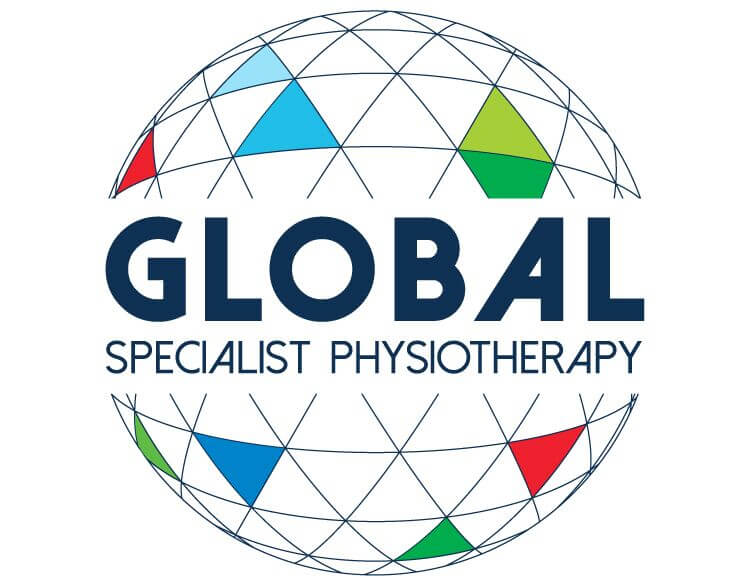Mental Health
Mental Health and exercise
The therapeutic benefit of exercise is well documented when it comes to physical ailments and there is now also a growing amount of evidence to suggest that physical activity (PA) can and should play a major role in the management of mental health.
Preventative benefits, as well as immediate and chronic management benefits are shown with adequate PA prescription in those with depressive conditions, anxiety disorders, and PTSD. During PA a natural release of chemicals within the body occurs, these chemicals have an antidepressant effect which can last well past completion of a singular bout of PA.
Whether it’s aerobic, resistance, leisure, recreational, or competitive team PA, studies support that all PA can be an effective tool in the management of mental health concerns. Any increase in a person’s PA can have a positive effect, with regular and consistent exercise seemingly having the biggest effect.
Preventative benefits, as well as immediate and chronic management benefits are shown with adequate PA prescription in those with depressive conditions, anxiety disorders, and PTSD. During PA a natural release of chemicals within the body occurs, these chemicals have an antidepressant effect which can last well past completion of a singular bout of PA.
Whether it’s aerobic, resistance, leisure, recreational, or competitive team PA, studies support that all PA can be an effective tool in the management of mental health concerns. Any increase in a person’s PA can have a positive effect, with regular and consistent exercise seemingly having the biggest effect.
Post-Traumatic Stress Disorder
Post-Traumatic Stress Disorder (PTSD) is a diagnosed mental health condition that can arise from being the witness of one or more traumatic events to either themselves or others. When an individual is exposed to a traumatic event it is normal to experience an array of emotions. However, when these strong emotions and emotional responses remain for a prolonged period, it is diagnosed as PTSD. PTSD can affect anyone and up to 25% of people exposed to a traumatic event will develop PTSD. It can impact all areas of your life including social health, physical health, and psychological health. This can lead to reduced participation in social and physical activities or events. Reduced participation and motivation levels can cause an increase in sedentary behaviour and risk for adverse health events. It is well known that reduced physical activity can adversely result in increases in body weight, diabetes, high blood pressure and poor heart health. Exercise in management of PTSD has the combined benefit of improving health, activity and motivation levels as well as improving mental health and managing stress reactions. Exercise specific for clients with PTSD is effective and improves engagement levels when focused around goal setting and an exercise mode that is enjoyable for the individual. Your Exercise Physiologist can assist in appropriate goal setting and devising an exercise plan to benefit you.
Pre/Postnatal mental health
The mental health impacts of conception, pregnancy and postpartum period are well known, with many women experiencing an increase in depressive and anxiety symptoms during this time. Physical activity and exercise aren’t only important to prepare for the physical tole that pregnancy and birth take on a woman, but also the mental tole.
Studies show that maintaining a consistent exercise program can not only help to reduce depressive symptoms during pregnancy but also during the early postpartum period. To the extent that women who maintain a physically active lifestyle during pregnancy can have a significant decrease in the risk of developing postpartum depression (PPD).
PA and exercise can and should also play an important role in the management of those diagnosed with PPD. When considering what kind of exercise will be best, we can focus on optimal duration, intensity and mode however this is not always beneficial. Rather we can focus on finding exercise that you find enjoyable, that you can consistently complete and that doesn’t stress you out when you think about doing it.
Studies show that maintaining a consistent exercise program can not only help to reduce depressive symptoms during pregnancy but also during the early postpartum period. To the extent that women who maintain a physically active lifestyle during pregnancy can have a significant decrease in the risk of developing postpartum depression (PPD).
PA and exercise can and should also play an important role in the management of those diagnosed with PPD. When considering what kind of exercise will be best, we can focus on optimal duration, intensity and mode however this is not always beneficial. Rather we can focus on finding exercise that you find enjoyable, that you can consistently complete and that doesn’t stress you out when you think about doing it.






